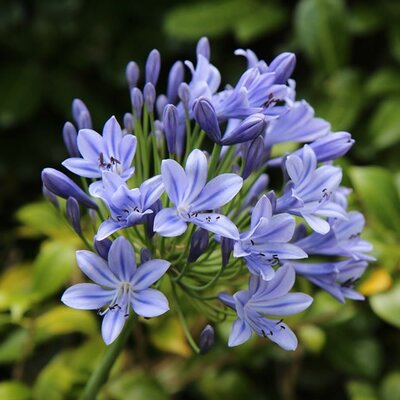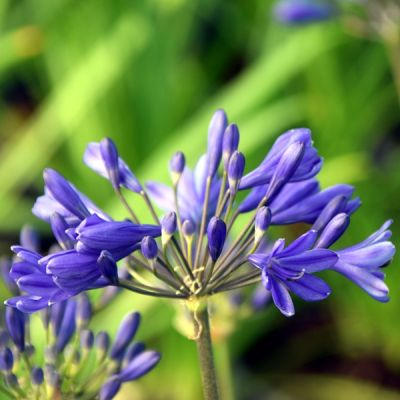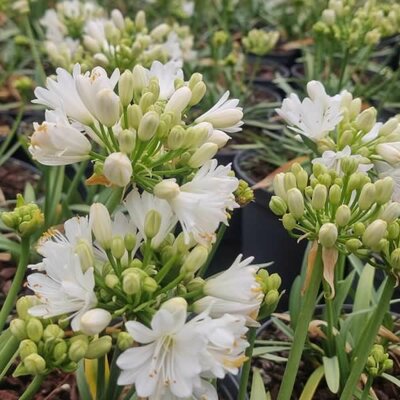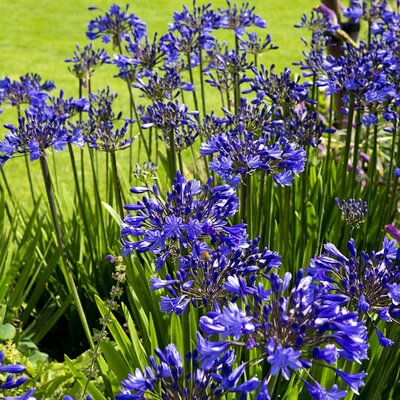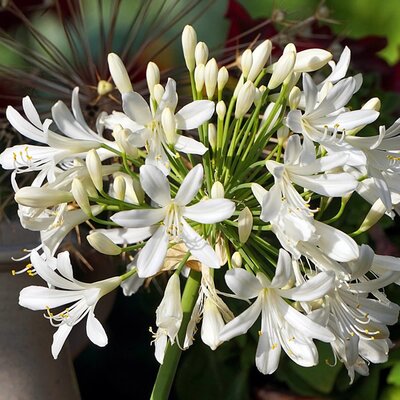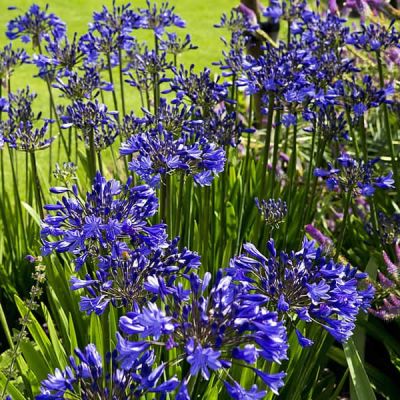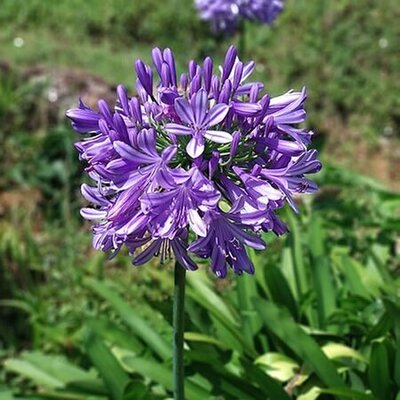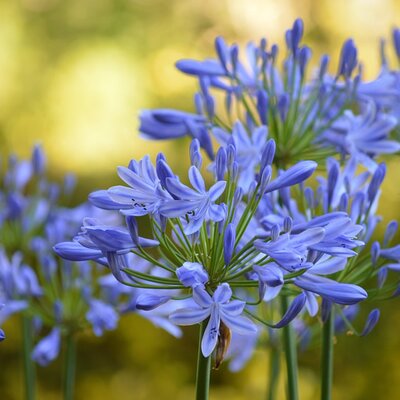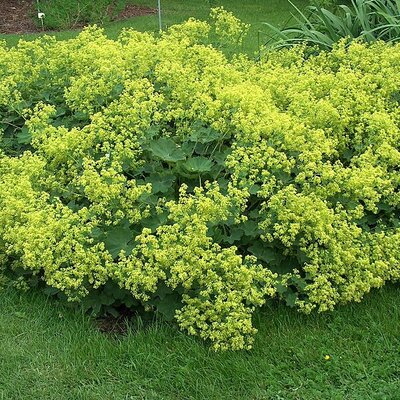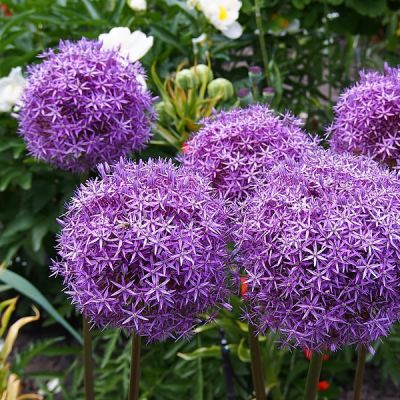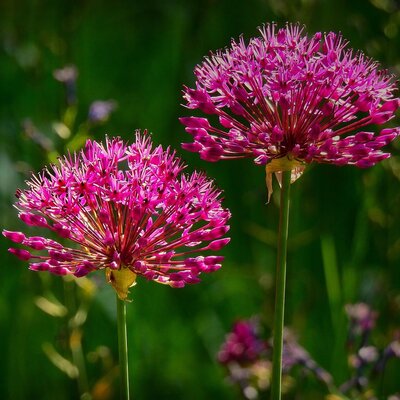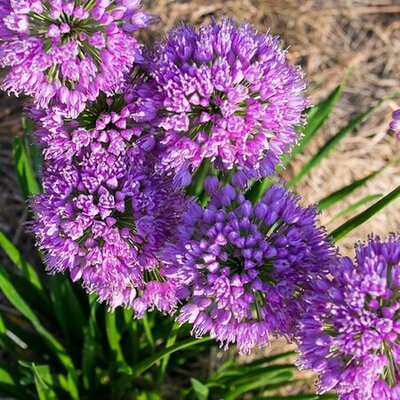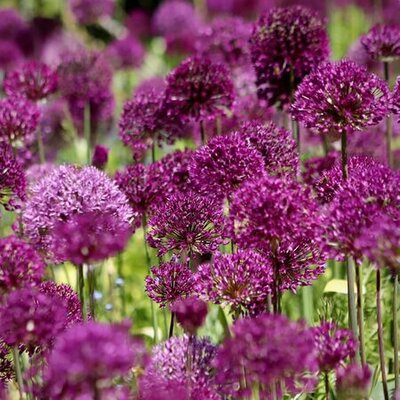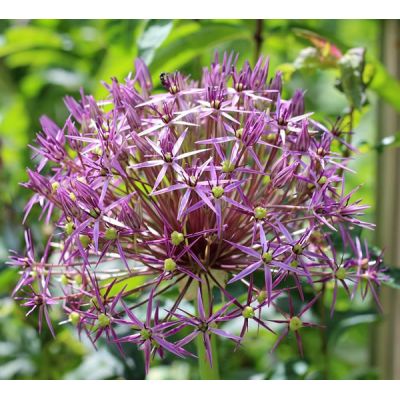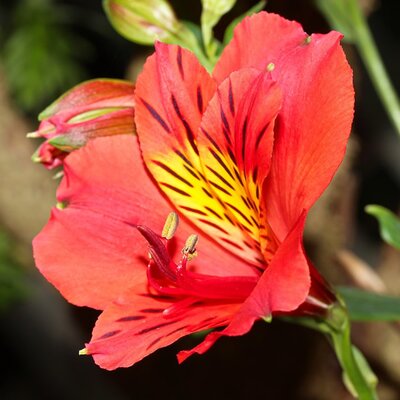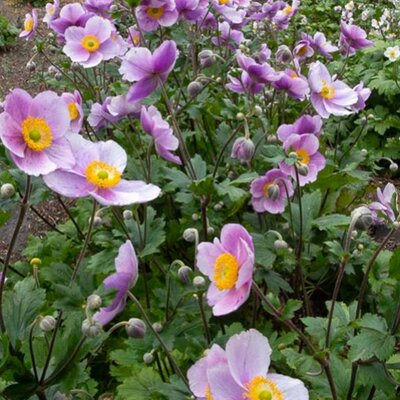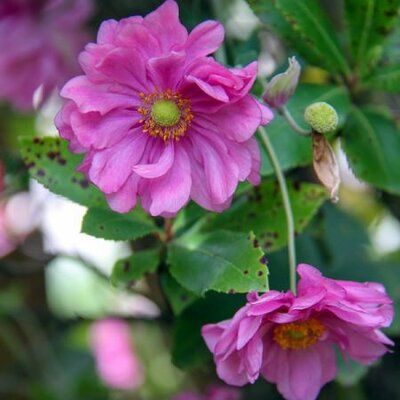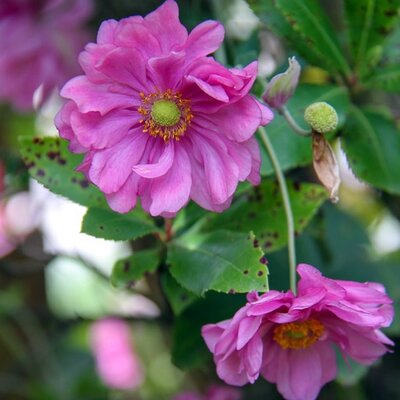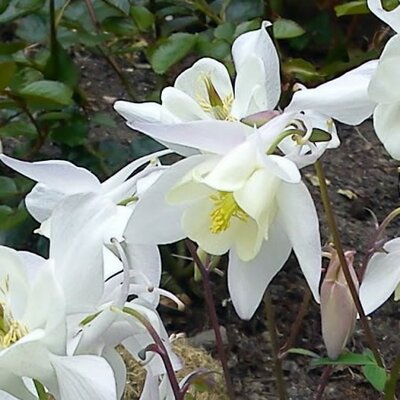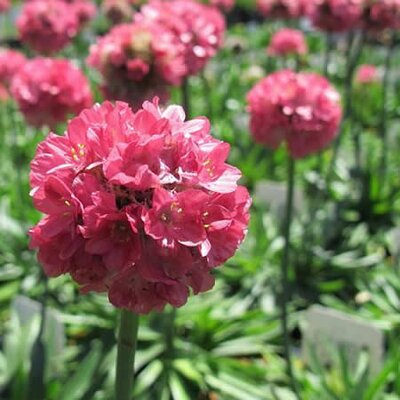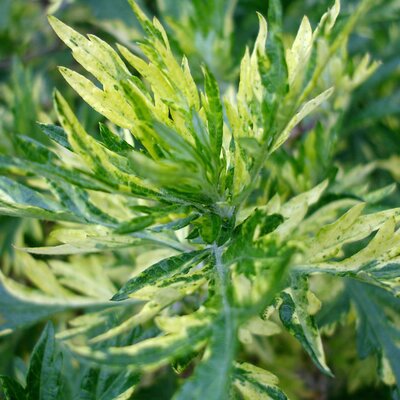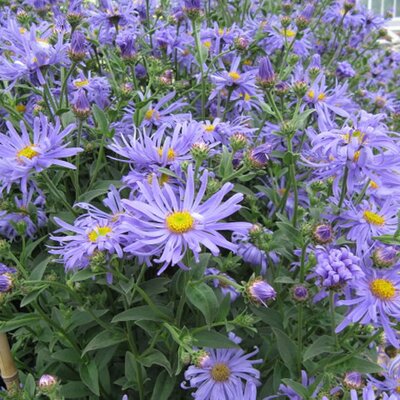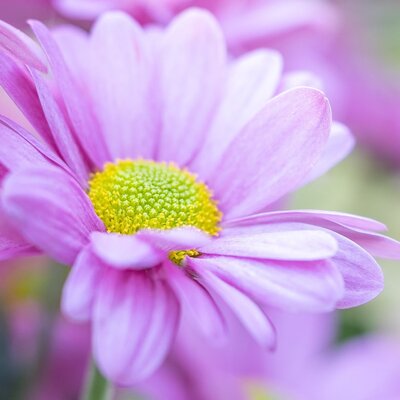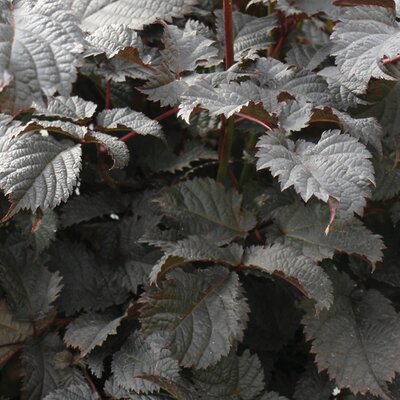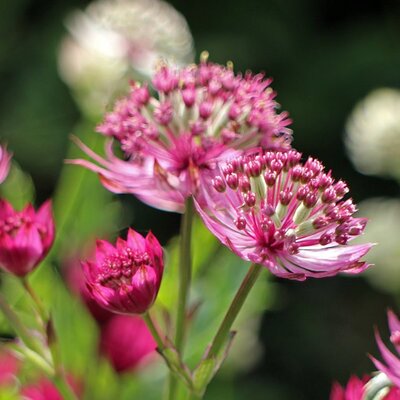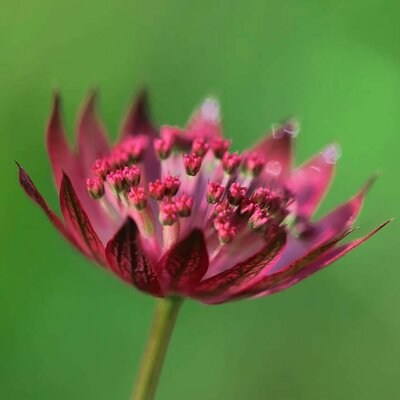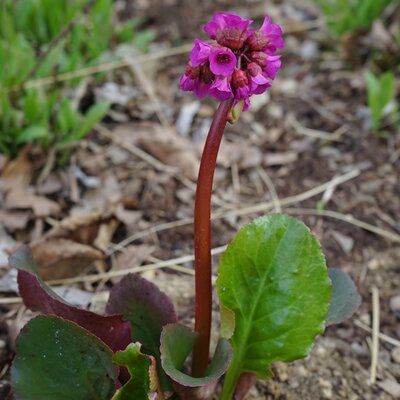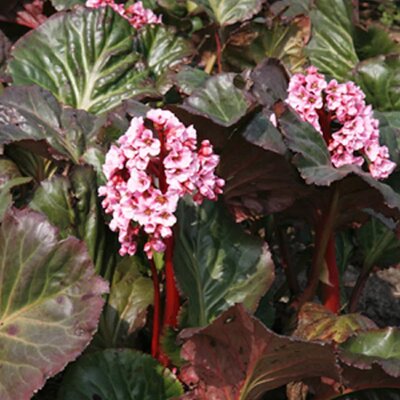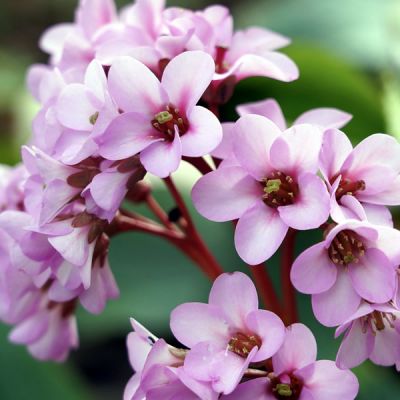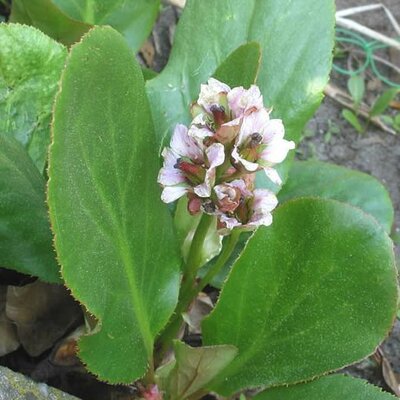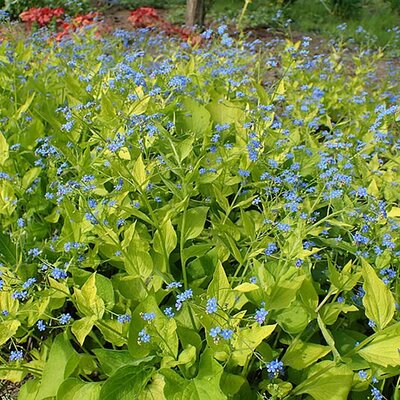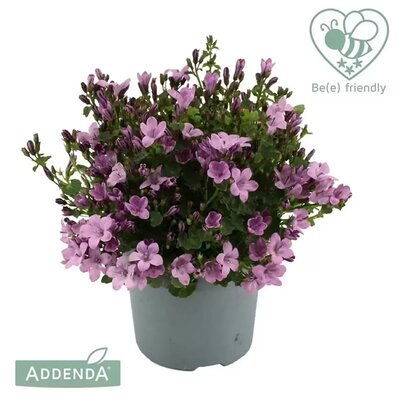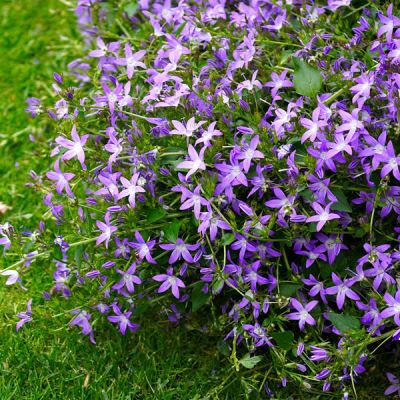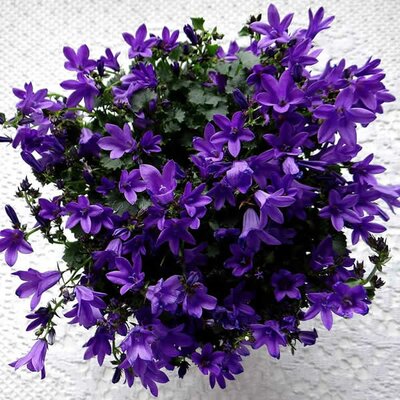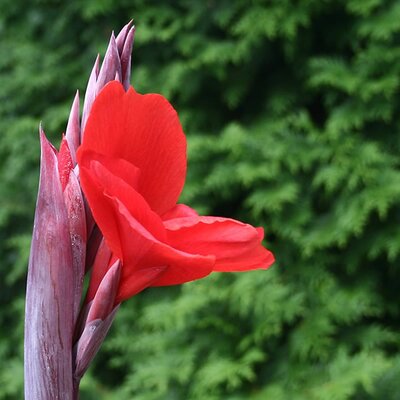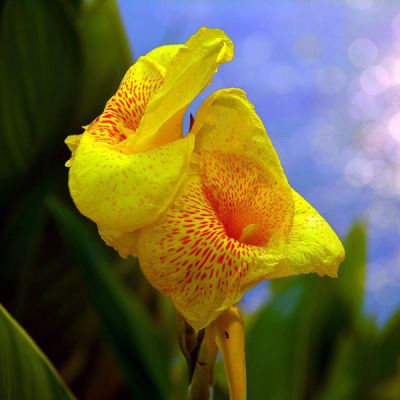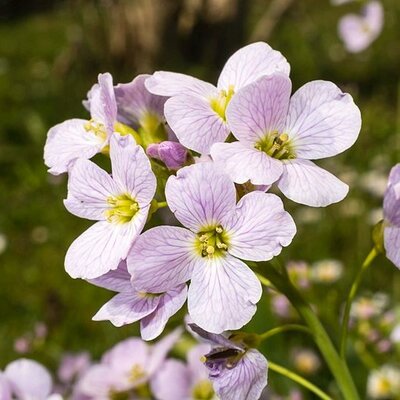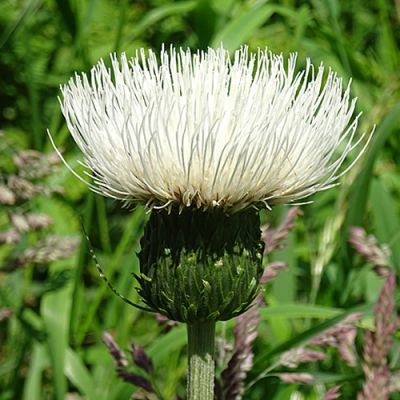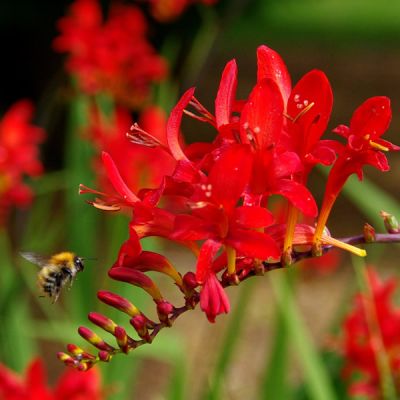Perennials
Perennials or herbaceous plants are often the show-stoppers in your garden. They come in all manner of shapes, colours and sizes, from daisy-like leucanthemums to the spears of flowers offered by lupins and foxgloves, as well as those that provide interesting and colourful foliage such as heucheras and euphorbias. The great thing about perennials is that they will bring joy to your garden year after year. It is worth noting that some herbaceous perennials will die down completely in winter before returning again, with new growth, the following spring. For our tips on growing perennials see our guide below >>>
Filter products
Tips on Growing Perennials
The name “perennial” relates to the Latin meaning “through the years” and refers to plants that live for more than 2 years. Most are herbaceous which simply means that they die back to the ground from autumn and then start to reshoot in spring, often becoming stronger and more vigorous year on year as they develop. The fact that perennials die back to the ground can often mislead people into thinking that the plant is spent, so please be aware that they will return the following spring, assuming they are planted in the right conditions.
If a perennial seems slow to return in spring it is always worth taking a closer look, particularly with regards to plants like delphiniums or hostas, that tend to have their shoots emerge just as the slugs start to wreak havoc in the garden. It may well be worth throwing a few organic slug pellets down to protect these fresh shoots from being eaten before they can re-establish.
When to plant:
Perennials can really be planted any time of the year, with the only exception being when the ground is frozen or waterlogged in winter, however there are a few things to note:
Autumn is perhaps the best time to plant hardy perennials, when the soil is still warm. This gives the them chance to establish a good root system for the following spring.
Spring is perhaps the second best season to be planting and can certainly be better for planting less hardy perennials as this will give them an entire growing season to establish before the winter.
When it comes to planting in summer, you just have to be careful to ensure your plants are watered regularly to enable them to establish at a time when the soil will naturally have less moisture.
How to plant:
It's always good to prepare the your ground well, adding organic matter such as well rotted manure or compost (depending on your soil and site) and removing any weeds or large stones. The general rule is to dig a whole up to twice the width of the pot and around the same depth. Unwind any tightly packed roots when you remove them from the pot and then ensure that when you place the plant in the hole that the soil will be at the same level, at the base of the plant, as it was in the pot. If you position the plant deeper you risk causing the stem to rot, killing your precious plant.
Once happy with the position, backfill with soil, firm the root ball in and give the plan a good watering.
Maintaining perennials:
Most perennials are fairly low maintenance but if you want the best out of them it is worth giving them a feed of slow release fertiliser in spring and putting a good layer of mulch on any bare soil between plants.
Dead-heading, i.e. removing dead flower heads, through the season will often prolong flowering, although some plants do have attractive seed-heads and you may well want to collect seed for further propagation.
Woody stemmed growth can often be left until the following spring before cutting back, but any fleshy leaved perennials are probably best cut back as they start to die pack in autumn as they tend to rot anyway.
Other than that, you may find that after 3-5 years the plants have formed dense clumps and may need dividing to bring out their best with the advantage of creating more plants for you to reposition around your garden!



